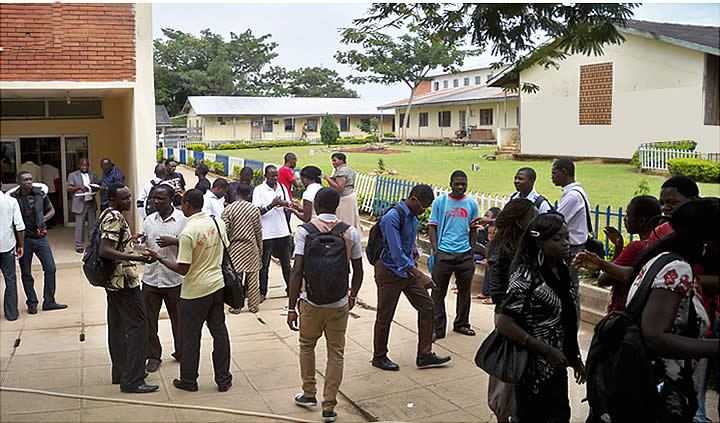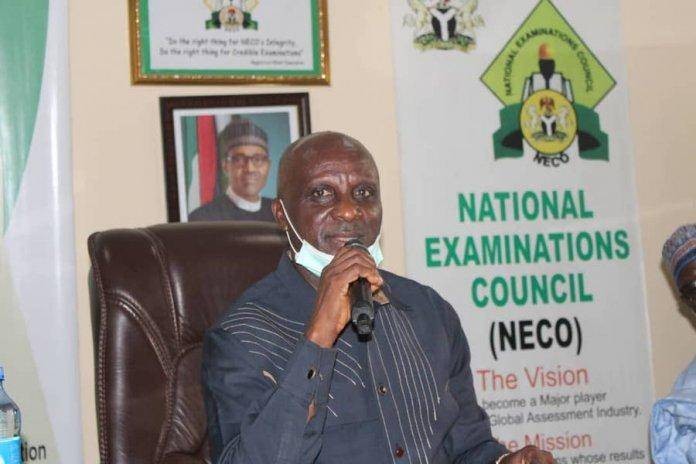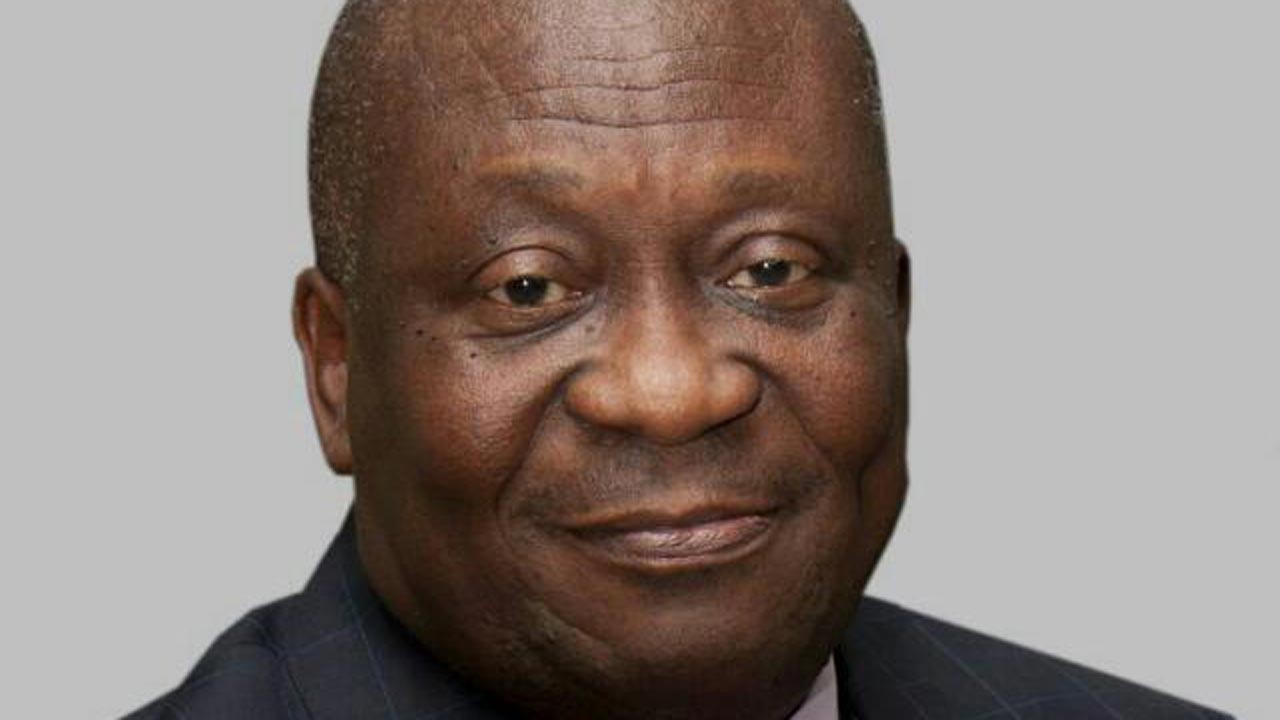
The government may tinker with NECO for the purpose of enhancing productivity and efficiency but certainly, there is no justifiable reason to scrap it.
It came like a bolt from the blue. That is how best I could describe the news of the Federal Government's apparent resolve to scrap some of its agencies, which made headlines last week. The government is believed to have made up its mind to scrap the agencies in line with the white paper submitted by a committee set up last year to study the recommendations of the Stephen Oronsaye-led Presidential Committee on the Rationalisation and Restructuring of Federal Government Parastatals, Commissions and Agencies.
In April 2011, the Oronsaye-led committee had recommended the abolition of 38 agencies, the merger of 52 and the reversion of 14 departments in the ministries, from which they were initially carved out. This move, the committee suggested, would save the nation more than N862 billion between 2012 and 2015. In addition, the committee said the recommendations were aimed at helping the government to effect a drastic reduction in the size of its bloated bureaucratic machinery, eliminate duplication of functions and lower the cost of governance.
Among the agencies which have now been placed under the government's potential sledgehammer are the Unified Tertiary Matriculation Examination (UTME), National Examination Council (NECO), Public Complaints Commission, National Poverty Eradication Programme (NAPEP) and Fiscal Mobilization and Allocation Commission, among others. Nigerians seem to be focusing more attention on the fate that awaits NECO and UTME.
It is expected that with the scrapping of the UTME, individual universities in the country would henceforth conduct their own admission examinations and admit students. The Joint Admissions and Matriculation Board, JAMB, will only set standards and ensure compliance as it will now act as a mere clearing house. In the same vein, the West African Examination Council (WAEC) is expected to take over the functions and vast infrastructure of NECO. This means that WAEC would now conduct two external examinations in a year with one holding in January while the second would be conducted in November of every year.
Expectedly, the move to tamper with NECO and UTME has attracted controversy across the land. While some people have applauded the government for attempting to tinker with the two bodies, others have vehemently kicked against the move. For instance, while some say the scrapping of NECO will check duplication of examination by secondary school leavers, others maintained that allowing the examination body to exist side by side with WAEC has broken the monopoly hitherto enjoyed by WAEC as well as provide an alternative for students. Their argument is that while WAEC is a regional examination body, NECO is a wholly indigenous and national body that is well positioned to assess students in Nigeria. Nigeria picks 54% of the bill for running WAEC.
Some people have also been quick to go into history. Their argument is that NECO was established in April 1999 when Nigerian students were suffering untold hardship in the hands of WAEC. The establishment, they argue, was in line with decisions reached at the 49th meeting of the National Council of Education. The establishment of the Council at that time, they noted, was in response to the outcry of Nigerian students over the problems they were encountering with the examinations being conducted by WAEC in the country, especially the Senior Secondary Certificate Examination and the General Certificate Examinations.
With its massive infrastructure and permanent site located on the outskirts of Minna, the Niger State capital, NECO has recorded many successes. But like every other successful venture, the body also had its own teething problems at inception. It was initially confronted with several daunting challenges that sought to undermine its examinations. Most of these challenges have been surmounted. Unfortunately, in the last few years, Nigerian students have successively recorded woeful results, especially in English Language and Mathematics in both WAEC and NECO examinations.
These results have attracted a lot of public reaction and discourse. Commentators seem to agree that the results reflect the current state of Nigeria's educational system and that something urgent needs to be done. Public discourse has also been engendered at various seminars, workshops, and conferences on how to proffer solutions to the inadequacies that affect students, teachers, educational administrators and policy makers in the country.
However, the problem of mass failure in school certificate examinations, though not limited to NECO, is believed to have arisen because due diligence may not have been carried out at the marking venue by the examiners marking the examination papers. There's no doubt that the provision of a valid and reliable assessment of students' performance is the only way to ensure that stakeholders in education could begin to see examinations as a means of restructuring and reviving the moribund educational system in the country. This will ensure the credibility of examinations taken by candidates in Nigeria, as well as engender global trust in results issued on them.
The idea that one examination body is better or preferable in Nigeria has been there all along. But what I think should engage the attention of our policy makers is the increasing number of candidates who could not obtain the mandatory pass marks in both English and Mathematics - a prerequisite for admission into the University - in the last few years. Many of the candidates could not also secure the mandatory credit-level pass mark in five subjects needed for admission into tertiary institutions. This has created a big problem in the education sector.
In my opinion, it is the standard of education that has fallen to unimaginable level and not the standard of the examination bodies. In that case, NECO cannot simply be scrapped because WAEC is there standing by. If at all the government has identified any problem with NECO, it should put necessary mechanisms in place to strengthen it rather than scrap it. Like the Yoruba say, "Ori bibe ko ni ogun ori fifo", literally translated to: "Cutting off the head is not a cure for headache".
Besides, it is clear that with the infrastructure it has put in place in the country, NECO seems to be better positioned to conduct final examination for Nigerian candidates than WAEC. Now, how do you ask a Tilapia to attempt to swallow a whale? Absolutely impossible. With about 37 offices located in the 36 states of the federation and the Federal Capital Territory, Abuja, it is obvious that WAEC has no capacity to take over and manage the assets and or liability of NECO.
Besides, about 5,000 people are said to be employed by the body. In a country where unemployment has soared to high heavens, how will government manage the high unemployment figure that may arise from scrapping NECO? This is because there is no way WAEC can immediately absorb even a quarter of that number. This will surely increase the number of unemployed Nigerians roaming the streets and who would likely be easy prey to criminal activities and criminality which the security agents are already suffused with.
At any rate, rather than take hasty actions that will further compound the problems in the education sector, it is imperative to overhaul the country's educational system through appropriate and dynamic learning skills for pupils and effective teaching methods for the teachers. We should properly monitor the students from the kindergarten through the primary school, the junior secondary school and the senior secondary school levels. This way, any fundamental error in their growth process could be quickly redressed.
Above all, there is the need to make sure that we have qualified teachers to teach such compulsory subjects as English Language and Mathematics. The current situation where a whole school with SSS1 and SSS3 student population of about 1500 students may just have only one teacher tutoring students in the subjects does not augur well for good education standard. It all boils down to channeling adequate funds to education through provision of necessary infrastructure and teaching aids as well as constant training and retraining of the teachers.
The government may tinker with NECO for the purpose of enhancing productivity and efficiency but certainly, there is no justifiable reason to scrap it. So let it be!




